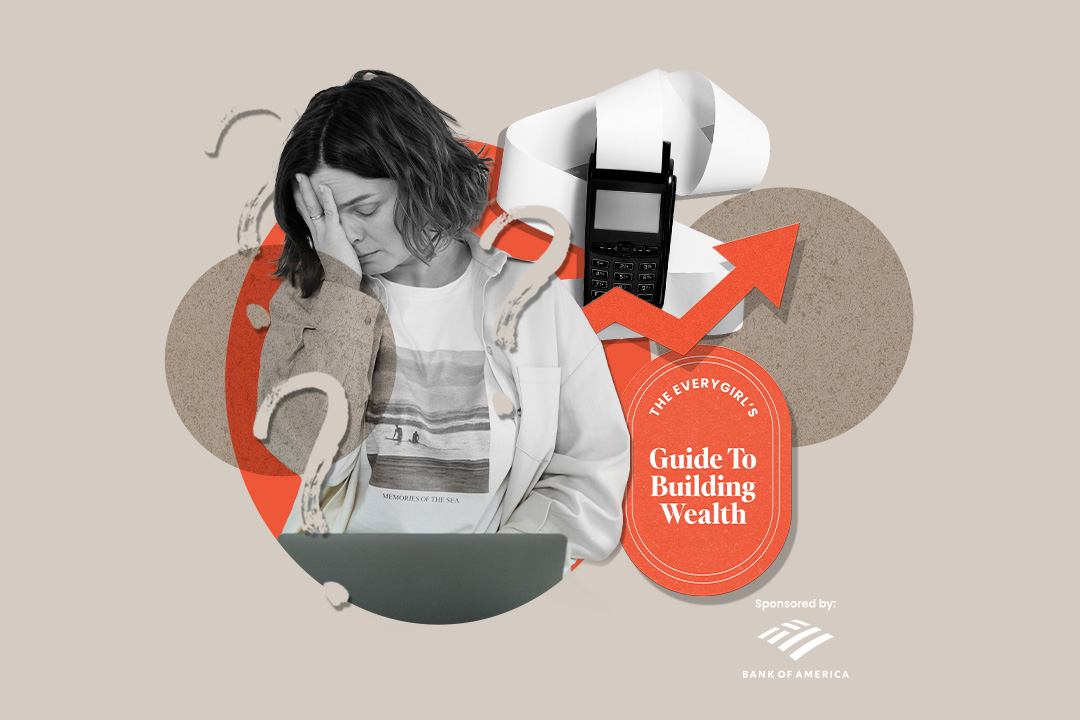Supporting your partner is crucial, but taking that extra step to cheer them on is a whole new level of commitment and dedication. While it’s typical to back your partner’s interests and efforts, truly celebrating their successes and being there through thick and thin requires devotion, loyalty, and hard work. This is the kind of connection that many aspire to create in a relationship over time.

Taylor Swift and Travis Kelce have been embodying this dynamic ever since they went public with their relationship. Despite the whirlwind of their careers and achievements, they consistently show unwavering support for each other both physically and emotionally, making the extra effort to celebrate each other’s triumphs. Their relationship illustrates that being a cheerleader goes beyond the surface level and requires mutual dedication.
While not everyone may relate to jet-setting across the globe every weekend like Taylor and Travis, there are valuable lessons to be learned from the significance of this dynamic in a relationship. According to experts, it is a fundamental aspect for building enduring partnerships. Manhattan Wellness delves into this topic, offering insights that may deepen your admiration for T+T and provide valuable lessons on excelling in the role of a cheerleader in your own relationships.
What does it mean to be someone’s cheerleader?
Being a cheerleader for someone entails more than just rooting for them when they succeed. It involves celebrating their victories, providing emotional support during tough times, and having faith in their abilities even when they doubt themselves. It’s about being their advocate and source of motivation, elevating your support to a higher level.
Being a cheerleader also means being there for your partner in every aspect, whether physically or emotionally, despite your own busy schedule. Taylor and Travis, amidst their thriving careers, demonstrate that rejoicing in each other’s accomplishments involves making sacrifices like enduring long flights, dealing with jet lag, and juggling other commitments. Being a genuine cheerleader means prioritizing your partner’s well-being above all else.
Being a cheerleader means showing up at all times, both physically and in spirit, regardless of your packed schedule.
What are the benefits?
Being a cheerleader not only boosts your partner’s morale but also enhances their confidence, the relationship, and each individual within the partnership. Providing unwavering support indicates that you are there for them no matter what, strengthening the bond between you. During tough times, being a cheerleader offers empathy, making your partner feel valued and less alone, fostering trust and closeness.
Shared moments of joy and achievement create a sense of mutual celebration, deepening the feelings of love and connection between partners. Demonstrating openness, active listening, and mutual understanding in your relationship promotes better support and solidifies the bond between the two of you.
Why is it so important that the cheerleader role is two-sided?
Having a two-sided cheerleader role is vital in a relationship to avoid feelings of isolation and resentment. Both partners must actively support and celebrate each other to maintain a healthy dynamic. While the methods of support may differ, sharing joy, passion, and pride for each other is crucial for a balanced relationship.
It’s not about mimicking each other’s actions but about reciprocating the positive energy and investment in each other’s well-being. Similar to any other aspect of a relationship, an imbalance in the cheerleader role can lead to detachment. Sachs likens it to a see-saw where both partners’ efforts need to be in harmony for a fulfilling relationship.
We don’t have to show up for each other in the exact same ways, but we do have to share that joy, passion, and pride for each other.
What can we do if it’s not?
If you feel like the cheerleader role in your relationship is one-sided, communication is crucial. Express your feelings openly, providing specific examples to help your partner understand how their actions have impacted you. Establishing a dialogue allows for improvement and ensures that both partners feel supported and valued.
Sharing your emotions is not about assigning blame but about fostering a balanced dynamic. If the cheerleader role remains unequal despite discussions, it may be necessary to reassess the compatibility and reciprocity in your relationship.






